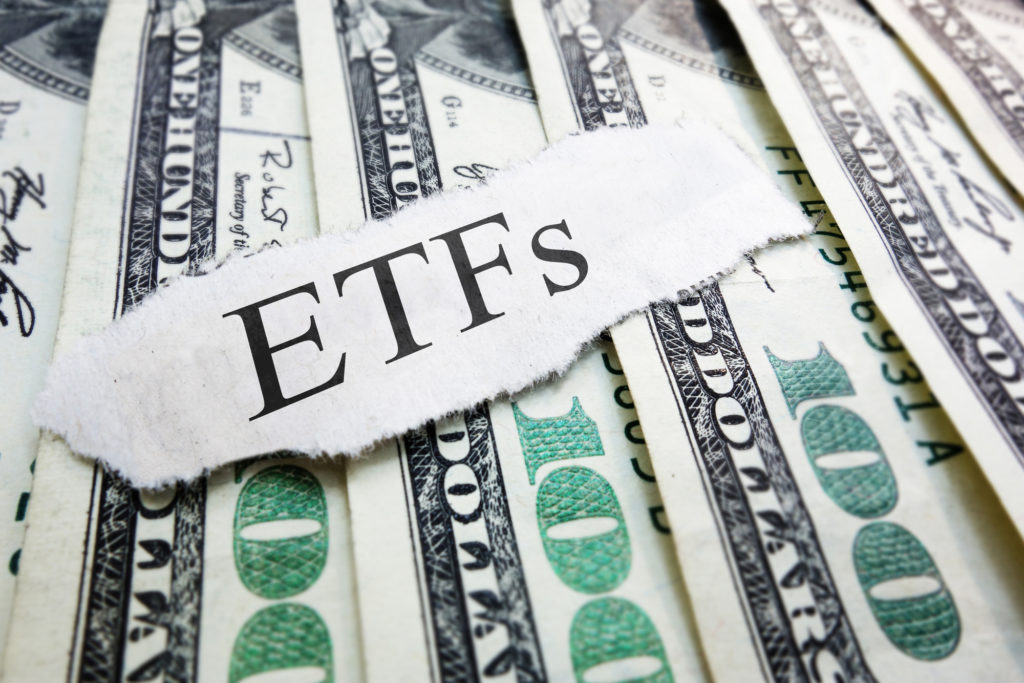I always love to talk about personal finance with my friends and family. And as a wise man once told me 😉, “Personal finance is like a box of chocolates; you never know what you’re going to get.” But recently, the same word keeps coming up repeatedly: “inflation”… A compelling fact is that my $100 bill from three years ago has now shrunk to more or less $80 in today’s purchasing power… So, I guess it’s time to face it: inflation is the biggest issue of the moment in the ever-changing landscape of personal finance.
Gather ’round, my friends, because I’m diving into the tough questions that may change the way you consume and save.

Inflation: It’s Time to Embrace Minimalism and Frugal Living
We live in a world where inflation is the monster under our financial bed. Prices are going up, our wallet is feeling the heat, and inflation is not our friend. What do we do from here? Well, that’s where the magic of minimalism and frugal living comes to the rescue. More than ever, it’s worth focusing less on stuff and more on life. I’m not saying you should go all “Marie Kondo” on your belongings (unless it sparks joy, of course). But embracing simplicity, where “less” often means “better,” has helped me to navigate our uncertain times. For my purchases, I try to adopt a thoughtful approach and invest in high-quality, versatile objects. This reduces my need for repeat purchases. And minimalism isn’t just about stuff. It’s about time too, and mental clutter. When you mind is clearer, you curb impulsive spending.
For your money or your time, be a savvy spender, and prioritize what truly matters. With fewer possessions and smarter spending, you’re less affected by price hikes. Your simple, clutter-free life means less need to buy stuff you don’t need. And when you do spend, you do it mindfully. Personally, I feel joy every time I find small, everyday savings to make on dumping unimportant stuff or spending habits. Over time, all costs add up quickly. Daily habits make a significant difference when dealing with inflation. Let’s take an example. When I decided to skip my daily $5 coffee, that was an extra $150 to put into my monthly savings, or $1,825 per year, or $18,250 over 10 years. And, if I account for compounding interests, these $5 daily savings are now worth almost $26,000. Check this calculator of compounding interests to understand how this works and to find out the future value of your monthly deposits.

Inflation-Resilient Investing Strategies
Inflation is like a stealthy erosion undermining your financial foundation. From groceries to energy, from housing to healthcare, the prices of everyday items increase over time. So, the purchasing power of your savings and investments is significantly impacted. In high inflation periods, savers face the challenge of seeing the real value of their savings erode rapidly. For instance, if I have $10,000 in a standard savings account with an annual interest rate of 0.5%, during a 5% annual inflation period, the actual value of my savings could decrease to approximately $9,500 in just one year. That’s $500 lost in just one year.
More than ever, we need to invest or find inflation-resilient investment strategies to preserve and – hopefully- grow our money. We need to “put our money to work.” As my mom used to say, it’s like taking care of a tiny financial garden: plant your seeds, be patient and watch them blossom into a money tree. Although this lesson still applies in turbulent times, it absolutely needs to be adapted to take inflation into account. One way to do this is to consider “Treasury Inflation-Protected Securities” – or TIPS. These are government bonds designed to protect investments from inflation. Their rates adjust with the Consumer Price Index, ensuring that returns keep pace with rising prices. It’s a fantastic way to go through a one- or two-year hump of inflation. But if you have a long-term perspective (I’m thinking retirement planning), the best tool to invest in inflationary times is a diversified, low-cost stock index fund. Historically, stocks have outperformed inflation. With this kind of assets, you are sure to experience ups and downs, but at the end of the journey, your patience will be rewarded.

